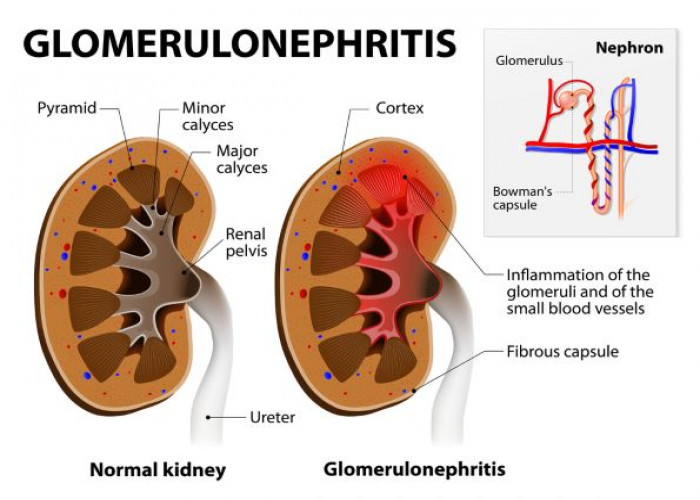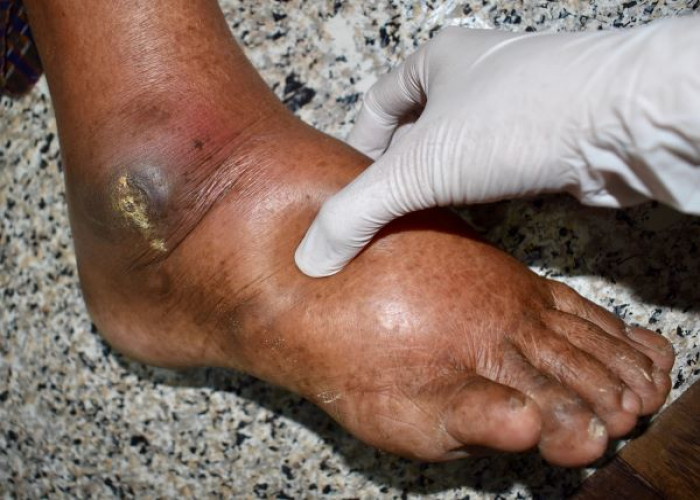 Welcome
Welcome
“May all be happy, may all be healed, may all be at peace and may no one ever suffer."
Acute kidney failure

Acute kidney failure, also known as acute renal failure, is a sudden loss of kidney function that occurs over a period of hours to days. The kidneys play a critical role in filtering waste products from the blood and regulating fluid and electrolyte balance in the body.
The most common causes of acute kidney failure include:
- Dehydration
- Severe infections
- Certain medications or toxins
- Reduced blood flow to the kidneys due to low blood pressure or other medical conditions
- Blockage of the urinary tract
Symptoms of acute kidney failure may include:
- Decreased urine output
- Swelling in the legs, ankles, and feet
- Shortness of breath
- Nausea and vomiting
- Fatigue and weakness
- Confusion or mental changes
Diagnosis of acute kidney failure is typically made through laboratory tests, including blood and urine tests, as well as imaging studies such as an ultrasound or CT scan.
Treatment for acute kidney failure depends on the underlying cause, but may include:
- Supportive care, such as IV fluids and electrolytes
- Medications to treat the underlying cause
- Dialysis, a procedure that filters waste products from the blood when the kidneys are unable to do so
It's important to seek medical attention if you have symptoms of acute kidney failure, as prompt treatment can help prevent serious complications and improve overall health outcomes. In some cases, acute kidney failure can be reversed with prompt and appropriate treatment, but in other cases it can progress to chronic kidney disease and lead to permanent kidney damage.
Research Papers
Disease Signs and Symptoms
- Low amount of urine
- Seizures
- Chest pain
- Irregular heartbeats (arrhythmia)
- Weakness
- Nausea or vomiting
- Confusion (Hallucinations)
- Fatigue (Tiredness)
- Shortness of breath (dyspnea)
- Fluid retention
- Kidney failure
Disease Causes
Acute kidney failure
Acute kidney failure can occur when:
- You have a condition that slows blood flow to your kidneys
- You experience direct damage to your kidneys
- Your kidneys' urine drainage tubes (ureters) become blocked and wastes can't leave your body through your urine
Impaired blood flow to the kidneys
Diseases and conditions that may slow blood flow to the kidneys and lead to kidney injury include:
- Blood or fluid loss
- Blood pressure medications
- Heart attack
- Heart disease
- Infection
- Liver failure
- Use of aspirin, ibuprofen (Advil, Motrin IB, others), naproxen sodium (Aleve, others) or related drugs
- Severe allergic reaction (anaphylaxis)
- Severe burns
- Severe dehydration
Damage to the kidneys
These diseases, conditions and agents may damage the kidneys and lead to acute kidney failure:
- Blood clots in the veins and arteries in and around the kidneys
- Cholesterol deposits that block blood flow in the kidneys
- Glomerulonephritis (gloe-mer-u-loe-nuh-FRY-tis), inflammation of the tiny filters in the kidneys (glomeruli)
- Hemolytic uremic syndrome, a condition that results from premature destruction of red blood cells
- Infection, such as with the virus that causes coronavirus disease 2019 (COVID-19)
- Lupus, an immune system disorder causing glomerulonephritis
- Medications, such as certain chemotherapy drugs, antibiotics and dyes used during imaging tests
- Scleroderma, a group of rare diseases affecting the skin and connective tissues
- Thrombotic thrombocytopenic purpura, a rare blood disorder
- Toxins, such as alcohol, heavy metals and cocaine
- Muscle tissue breakdown (rhabdomyolysis) that leads to kidney damage caused by toxins from muscle tissue destruction
- Breakdown of tumor cells (tumor lysis syndrome), which leads to the release of toxins that can cause kidney injury
Urine blockage in the kidneys
Diseases and conditions that block the passage of urine out of the body (urinary obstructions) and can lead to acute kidney injury include:
- Bladder cancer
- Blood clots in the urinary tract
- Cervical cancer
- Colon cancer
- Enlarged prostate
- Kidney stones
- Nerve damage involving the nerves that control the bladder
- Prostate cancer
Disease Prevents
Acute kidney failure
Acute kidney failure is often difficult to predict or prevent. But you may reduce your risk by taking care of your kidneys. Try to:
- Pay attention to labels when taking over-the-counter (OTC) pain medications. Follow the instructions for OTC pain medications, such as aspirin, acetaminophen (Tylenol, others), ibuprofen (Advil, Motrin IB, others) and naproxen sodium (Aleve, others). Taking too much of these medications may increase your risk of kidney injury. This is especially true if you have pre-existing kidney disease, diabetes or high blood pressure.
- Work with your doctor to manage kidney and other chronic conditions. If you have kidney disease or another condition that increases your risk of acute kidney failure, such as diabetes or high blood pressure, stay on track with treatment goals and follow your doctor's recommendations to manage your condition.
- Make a healthy lifestyle a priority. Be active; eat a sensible, balanced diet; and drink alcohol only in moderation — if at all.
Disease Treatments
Treatment for acute kidney failure typically requires a hospital stay. Most people with acute kidney failure are already hospitalized. How long you'll stay in the hospital depends on the reason for your acute kidney failure and how quickly your kidneys recover.
In some cases, you may be able to recover at home.
Treating the underlying cause of your kidney injury
Treatment for acute kidney failure involves identifying the illness or injury that originally damaged your kidneys. Your treatment options depend on what's causing your kidney failure.
Treating complications until your kidneys recover
Your doctor will also work to prevent complications and allow your kidneys time to heal. Treatments that help prevent complications include:
- Treatments to balance the amount of fluids in your blood. If your acute kidney failure is caused by a lack of fluids in your blood, your doctor may recommend intravenous (IV) fluids. In other cases, acute kidney failure may cause you to have too much fluid, leading to swelling in your arms and legs. In these cases, your doctor may recommend medications (diuretics) to cause your body to expel extra fluids.
- Medications to control blood potassium. If your kidneys aren't properly filtering potassium from your blood, your doctor may prescribe calcium, glucose or sodium polystyrene sulfonate (Kionex) to prevent the accumulation of high levels of potassium in your blood. Too much potassium in the blood can cause dangerous irregular heartbeats (arrhythmias) and muscle weakness.
- Medications to restore blood calcium levels. If the levels of calcium in your blood drop too low, your doctor may recommend an infusion of calcium.
- Dialysis to remove toxins from your blood. If toxins build up in your blood, you may need temporary hemodialysis — often referred to simply as dialysis — to help remove toxins and excess fluids from your body while your kidneys heal. Dialysis may also help remove excess potassium from your body. During dialysis, a machine pumps blood out of your body through an artificial kidney (dialyzer) that filters out waste. The blood is then returned to your body.
Disease Diagnoses
Disease Allopathic Generics
Disease Ayurvedic Generics
Disease Homeopathic Generics
Disease yoga
Acute kidney failure and Learn More about Diseases
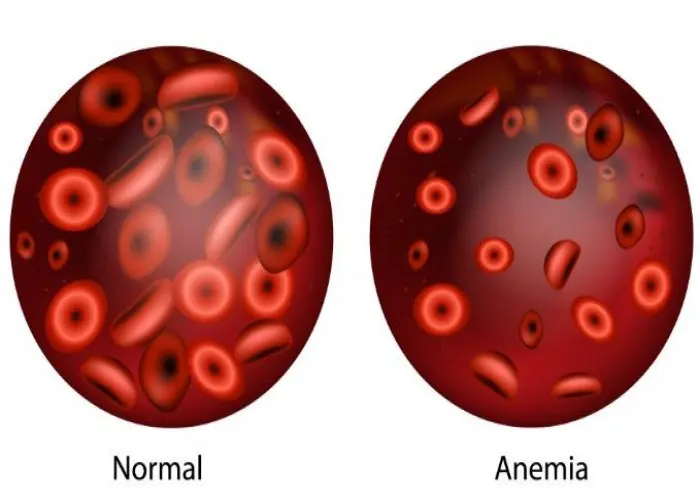
Iron deficiency anemia

Krabbe disease

Mosquito bites

Blepharitis

Tinea versicolor
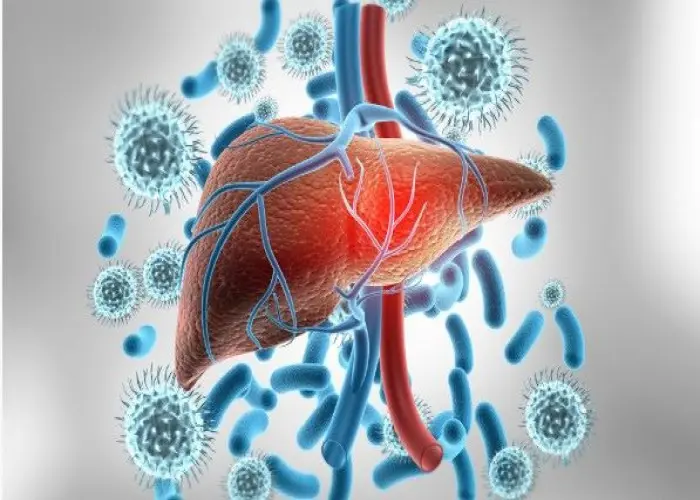
Hepatitis C
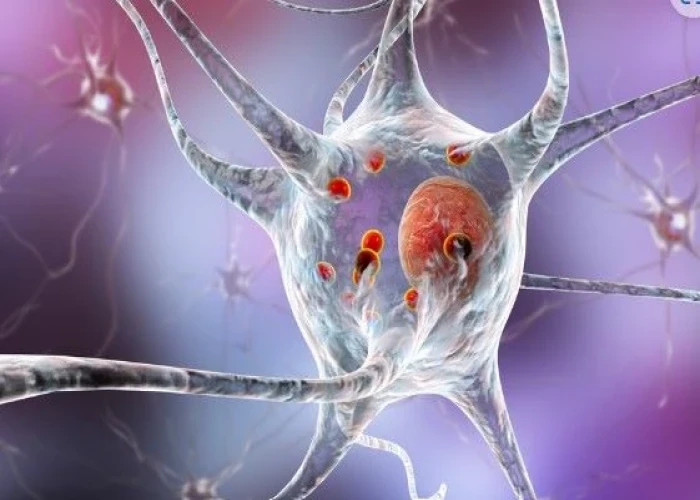
Lewy body dementia

Thalassemia
Acute kidney failure, Acute renal failure, Causes of acute renal failure, তীব্র কিডনি সমস্যা
To be happy, beautiful, healthy, wealthy, hale and long-lived stay with DM3S.
